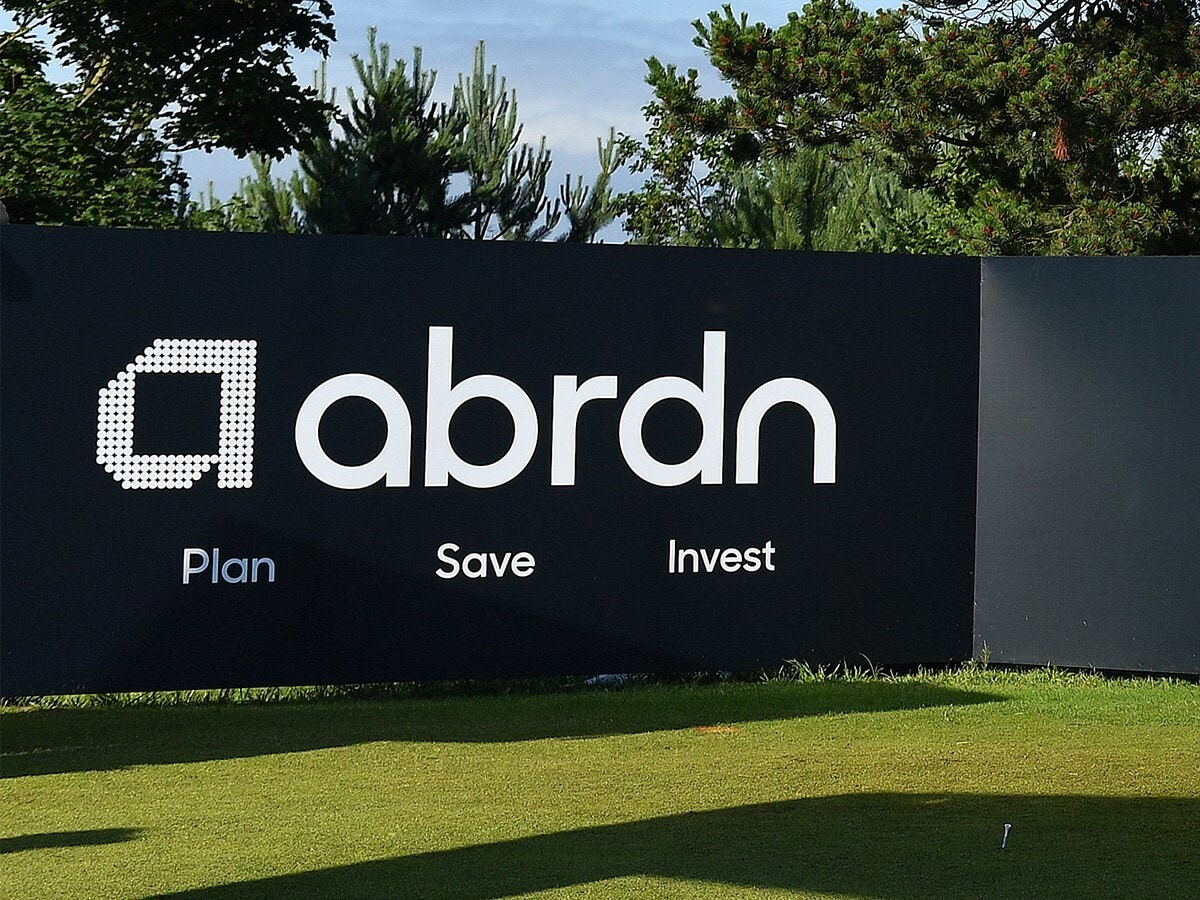Abrdn’s share price rally has continued into 2023. A policy of rewarding shareholders has helped maintain faith in the asset manager, despite an undoubtedly tough 2022 that saw outflows continue. Boosting cash flow has been the disposal of non-core businesses, but over the longer term Abrdn will need to work to hold on to clients’ money.
Abrdn’s [ABDN] share price hit a 12-month high last week as investors bet that the worst was behind the beleaguered asset manager. Helping boost confidence in Abrdn’s stock was the promise of investor pay-outs, despite the asset manager swinging into a loss last year.
Undoubtedly, 2022 was tough for Abrdn. Annual results published at the end of February show net operating revenue fell 4% year-on-year to £1.5bn last year, while adjusted operating profit fell 19% to £263m.
Assets under management (AUM) fell 7.8% to £500m, with net outflows rising to £10.3bn, up from £3.2bn the previous year, as investors raced for the exit. Restructuring costs of £214m from the merger with Standard Life ate into profits, with the asset manager ending 2022 with a net loss of £615m, reversing a profit of £1.115bn the previous year.
Behind the hefty falls were adverse market conditions and high inflation. The chief executive went as far as saying 2022 was “one of the toughest investing years in living memory”.
Despite losses, Abrdn maintained shareholder pay-outs, which include buybacks and dividends, at the previous year’s level of £600m. It said it would pay out a full-year dividend of 14.6p, the same as 2021, and restated the ongoing annual target of 14.6p.
Share price rally continues
Year-to-date, Abrdn’s share price is up 22.6%, having managed to maintain momentum in a rally that started back in October. Reassuring shareholders that their faith in the company will be rewarded only helped momentum, with the stock climbing 10% in the week starting 27 February, closing on 3 March at 232.1p. In October last year, Abrdn’s share price was trading for a little over 130p.
As it stands, the stock has managed to reverse last year’s losses. Having been booted out of the FTSE 100 at the end of August, it made a triumphant return to London’s leading index in December.
At the time of the exit, the asset manager had just posted a pre-tax loss of £320m in the first half of 2022. More worrying still was the fact that AUM had dropped to £508bn, down from £542bn in the previous year. Fee-based revenue dropped 8% year-on-year to £696m and operating profits were down 28% year-on-year at £115m.
But the policy of returning capital to shareholders helped it stage a return to the top-flight index, with its share price rallying nearly 29% during its time in exile.
Abrdn looks to core business
Under CEO Stephen Bird, Abrdn is now two years into a three-year turnaround strategy. The former Citigroup executive’s plan is to focus on core businesses, while getting rid of, or merging, underperforming funds, and disposing of non-core businesses.
At the end of last year, the Emerging Markets Local Currency Bond Fund was given the chop after its net asset value dropped to $20.47m. In February this year, it emerged that Abrdn was weighing up approaching Santander to see if the Spanish bank was interested in buying its private equity business for around £250m. The asset manager has also agreed to sell its discretionary fund management arm for £140m to Liechtenstein-based private bank LGT.
Selling non-core business is one way to raise money. Longer-term investors will be looking for more sustainable revenue sources. Last year, Abrdn bought retail investment platform Interactive Investor for a cool £1.5bn to beef up its presence in the UK savings and wealth markets. Interactive Investor net revenue rose 38% to £176m last year, with profits doubling to £94m.
The reawakening of emerging markets after a fallow period could boost Abrdn’s investment business, particularly as China’s economy begins to reopen.
Abrdn might be in a better position than it was this time last year, but it’s not out of the woods yet. Shoring up inflows, fund performance and progress on cost-cutting will go a long way to further bolstering investor confidence beyond the promise of pay-outs.
Of the 13 analysts offering price targets to the Financial Times, Abrdn has a median target of 190p. Hitting this would see a 18.1% downside on Friday’s close.
Disclaimer Past performance is not a reliable indicator of future results.
CMC Markets is an execution-only service provider. The material (whether or not it states any opinions) is for general information purposes only, and does not take into account your personal circumstances or objectives. Nothing in this material is (or should be considered to be) financial, investment or other advice on which reliance should be placed. No opinion given in the material constitutes a recommendation by CMC Markets or the author that any particular investment, security, transaction or investment strategy is suitable for any specific person.
The material has not been prepared in accordance with legal requirements designed to promote the independence of investment research. Although we are not specifically prevented from dealing before providing this material, we do not seek to take advantage of the material prior to its dissemination.
CMC Markets does not endorse or offer opinion on the trading strategies used by the author. Their trading strategies do not guarantee any return and CMC Markets shall not be held responsible for any loss that you may incur, either directly or indirectly, arising from any investment based on any information contained herein.
*Tax treatment depends on individual circumstances and can change or may differ in a jurisdiction other than the UK.
Continue reading for FREE
- Includes free newsletter updates, unsubscribe anytime. Privacy policy





